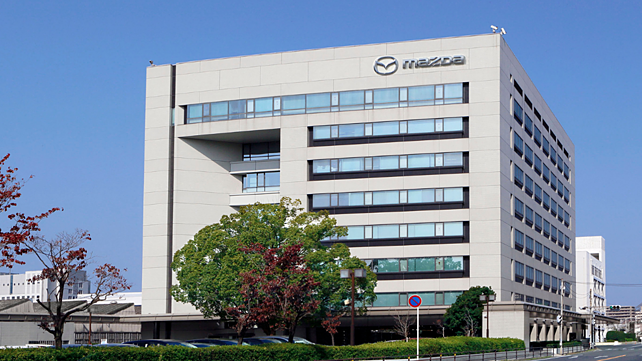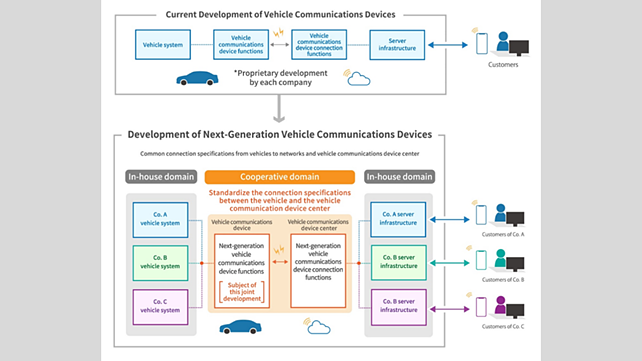
In one of the most significant new associations, five major Japanese automakers – Suzuki Motor Corporation, Subaru Corporation, Daihatsu Motor, Toyota Motor Corporation and Mazda Motor Corporation have reached an agreement to jointly develop technical specifications for next-generation vehicle communications devices.
The agreement also mandates promotion of the common use of communications systems, by using connected services to link automobiles and society with the aim of creating new appeal, value and services, to be standardised for early provision of safer and more convenient connected services, said a joint release issued by the companies.
The companies have also said they would openly consider collaboration with other like-minded partners regarding the joint development agreed on at this time, while continuing their efforts to develop services that enrich the lives of people and solve social problems.
Coming Together Of Resources
In the mobility world globally, rapid advances are being made in the connected domain, in relation to the communications and data aspects of technology and business, including cloud services, IoT, big data, and AI.
Individual OEMs are independently developing vehicle communications devices. Even in cases, where the same connected services such as remote operation functions are provided, each company is adopting a different approach in proceeding with development and deploying relevant resources, stated the release.

The agreement among the five companies aims to provide safer and more convenient connected services to customers as early as possible, by positioning the development of vehicle communications devices, which are basic functions of the connected car, as a cooperative domain. Moreover, they wish to position the development of applications and services as an in-house domain, achieve greater efficiency and accelerate the development of vehicle communications devices.
Each company can focus more on the development of applications and services on this common infrastructure through these steps, it said.
As per the understanding, Suzuki, Subaru, Daihatsu, and Mazda will incorporate their own technologies into the base vehicle communications technologies developed by Toyota. Together, they would then build systems for next-generation connected cars with common connection specifications from vehicles to networks and the vehicle communications device centre.
As a result, by stabilising the communication quality between vehicles and vehicle communications device centre further, it will be possible to provide more convenient connected services to customers, such as clearer calls between customers and operators and faster connection speeds, said the release.
The companies foresee reduction of the development burdens of each participating company and simplify system operation and version upgrades that include additional new functions, thereby optimising resources such as facilities and personnel.